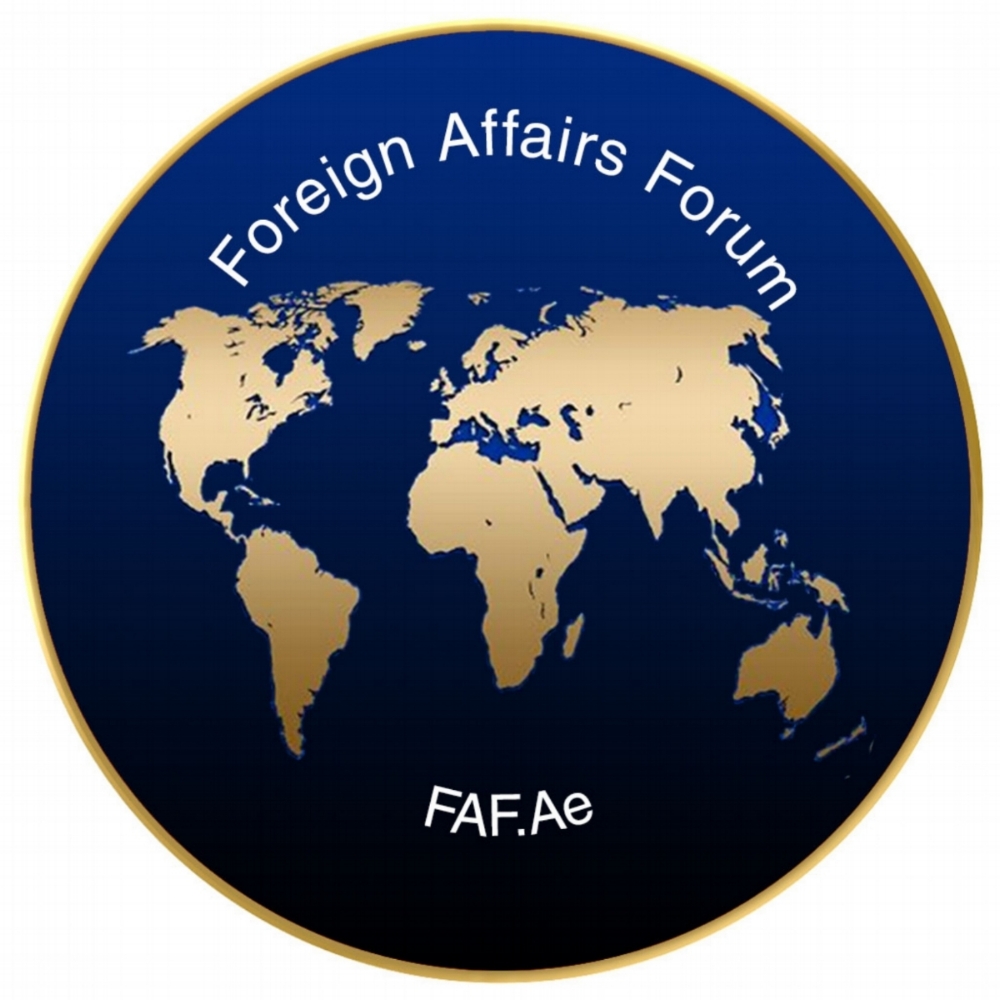The Trump Administration's Sanctions Policy: Competence and Questions
US President Donald Trump has launched a thrust to the old continent with the much-debated topic like the one of tariffs. But what really hides behind this maneuver? Trump took advantage of the Trade Expansion Act of 1962, and in particular the rules authorizing the President to react to a potential "threat to national security" with trade restrictions, to impose 25% excise on steel and 10% on aluminum, where the two reports prepared by the Ministry of Commerce recommended penalties ranging between 24% and 53% for steel and between 7.7% and 23.6% for aluminum.
The thorny knot of duties
For the moment, no discount is due to the EU, but the possibility, defined as "ambiguous", to agree "on a case-by-case basis" the "alternative" measures to be adopted instead of the duties. Canada and Mexico are excluded from these measures. The US will bring the issue on the new NAFTA (North American Free Trade Agreement), which is now being renegotiated. The pressure of European diplomacy in Washington, therefore, has obtained what Trump himself has called "flexibility". In concrete terms, the ambassadors of the individual countries in Washington will have to knock on the doors of the White House and ask to replace the customs surcharges with other measures. For example: a decrease in the exported quota or an increase in imports from the USA.
What is the real risk for Europe?
Cecilia Malmström, European Commissioner for Foreign Trade, was the first to use very harsh tones. She spoke of tens of thousands of jobs at risk. The words of the commissioner are the result of comparisons with the trade associations, which now invite her to react to the protectionist trade policies implemented by the US President and Administration.
According to the European Association of Steel Producers, the export of this material from Europe to the United States is a total of 5 million tons, a seventh of the 35 million tons imported by the US from all countries of the world. The economic value of European exports is estimated at around 5 billion dollars (more than four billion euros), and therefore a 25% tariff would mean losses of 1 billion dollars (more than 800 million euros). The direct consequence of the application of the duties is that steel imports will be drastically reduced, with estimated values for American imports down to 20-25 million tons. The hypothesis is that the introduction of duties will provoke a drastic resumption of the entire chain of iron and steel products in the internal market of the Old Continent, with a potential loss of tens of thousands of jobs, which may not be limited to this side of the Atlantic,butcould be even more pronounced in the US steel sector.
The same conditions have also been confirmed by the Director General of European Aluminum, the trade association of aluminum producers, with the negative consequences onthe volumes of aluminum trade markets, but also on the semi-finished products containing this raw material. This sector too expects severe cuts in jobs which are estimated at thousands. The value of exports to the US is currently € 1.2 billion a year.
The five billion euro of steel and one euro of aluminum that are exported each year to the United States are largely generated by France in Germany, which are among the countries likely to mostly be affected by the new tariff policy.
Europe is not watching
Trade policy is one of the subjects of direct European Unioncompetence. The vice-president of the European Commission Katainen stated that "if they try to make an exception for one of our member states, they must do it for everyone". The European countries which will mostly suffer following the announced tariffs are: Germany andFrancein primis, Holland, Italy (which would be heavily penalized in the food sector), Sweden, Spain, United Kingdom, Austria, Belgium, Czech Republic, Finland and Poland. The European Unionthreatens the US to expect retaliatory strikes against American icons like Harley-Davidson, Levi’s jeans, peanut butter,cranberries and Kentucky bourbon as trade war escalates, with counter-duties of 25%, for a value estimated at 2.8 billion euros. These sanctions could be applied at any time.
Trump and freewheeling speech in Pittsburgh
It could only be in the Rust Belt, which in November 2016 was decisive for his election, and precisely in Pittsburgh, Pennsylvania, which was also the capital of the American steel industry, where the President gave a heated and outrageousspeech. In President Trump’s aims, besides the European Union,there is China, the truetarget of Washington., which has firmly protested. The President has thundered, from the historical city of German immigration "many of you come from Europe, and this is good", making it clear that he has nothing against Europe, after all it is the cradle of the US cultural heritage, and also adding that "the EU seems so innocuous but it is not, as it kills us on trade, and must instead open its customs and abolish its duties".
Speaking directly to Brussels, and not satisfied of taxes imposed on steel and aluminum imports, the President threatens other restrictive measures, e.g. on the import of cars and other European products. He ordered to open customs and abolish tariffs, "or we will tax Mercedes Benz and BMW". While the negotiations between the USA and Europe continue, there is a climate of intense concern. "Trump puts the order of the world economy at risk", in the words of the Minister of Economy of Berlin, Brigitte Zypries.
He reiterated that "with the European Union we are under a hundred billion dollars on trade because we have had stupid politicians", as a mention to his predecessors, with the usual aggressive language that reaches people's hearts.He defends his protectionist policies, "we are protecting steel and a lot of steel mills are now opening up because of what I did. Many of my friends on Wall Street won’t like it, but we do”.
The President comes on live TV: "We have no choice. It is a question of national security. If you do not have steel, you do not have a country. We have been treated very badly by other nations. We have accumulated 800 billion dollars of trade deficit. It is time to change ". A large group of steel workers is invited to the White House at the signing ceremony. He addresses to them, "I kept the promise I had made in the election campaign. And I am here thanks to you. We have lost a third of employees in the steel sector in the last few years and two thirds of the companies that operate in aluminum have closed ",and adding “we are bringing steel back to Pennsylvania like it used to be”. "We will put tariffs on steel and aluminum, we have no other choice to protect our workers and our companies. For decades, other countries have benefited at the expense of the United States ", and, replying to critics"sometimes trade wars are not so bad".
Conclusion
Those in Europe who expected from the US President a collaborative and willing attitude to compromise on the question of duties would certainly have been disappointed.At the same time, on the other side of the world, China, despite having expressed “serious concerns” over the plans, has confirmed its intention to continue negotiations with Washington "to avoid a dangerous trade war". Trump has asked Beijing to import more cars, airplanes and financial services from the United States, in order to reduce the $ 10 billion deficit. In 2017, the difference in US orders from China compared to Chinese orders from the United States was about $ 375 billion for Beijing.
The US presidential election in 2020 may still seem far away, but Donald Trump already has his electoral slogan for re-election: "Keep America Great!", as an ideal follow-up to the “Make America Great Again” slogan, which was at the center of the 2016 White House tenant campaign, as anticipated at the Pittsburgh rally with Republican voters.
Article contributed by: Sonia Russo







